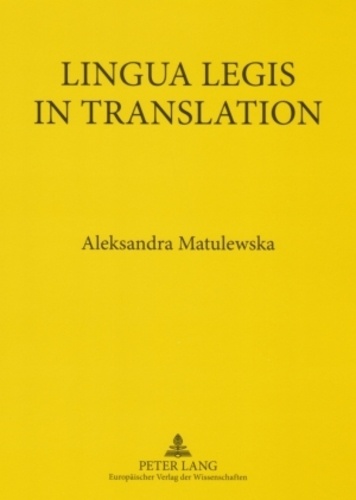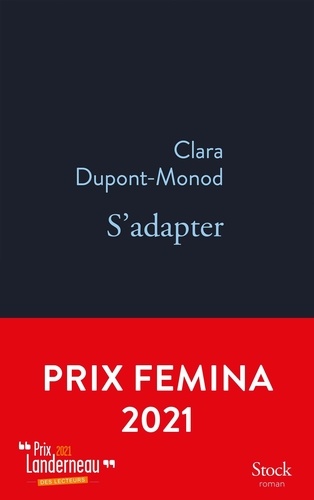Lingua Legis in Translation
Aleksandra Matulewska
This book describes the historical development of the Polish and English lingua legis. The intention is to point out the major differences between the legal realities, which significantly affect the process of translation. Secondly, the following characteristic features of lingua legis, concerning the level of words and syntagmas, are touched upon : vocabulary used in lingua legis including technical and semi-technical terms, conservatism of legal texts (Latin and Latinisms ; synonymous strings, archaic adverbs etc.), borrowings, terms with non-precise meanings (the problem of indeterminacy), neologisms, euphemisms, vulgarisms, performative verbs, metaphors and religious elements, prepositional phrases, time expressions, compound nouns and the problems connected with nominalization, false cognates which cause major misunderstandings, and finally methods of providing translation equivalents. The problem of ambivalence is analysed as well. The problems connected with the Polish-English and English-Polish translation of the texts belonging to the following legal genres are examined : university diplomas and certificates, statutes, judgments, law reports, powers of attorney, petitions, contracts and deeds, testaments, birth, death and marriage certificates, and popular fiction.
Editeur
01/07/2007
324
pages
64,40
€
Extraits





























Commenter ce livre